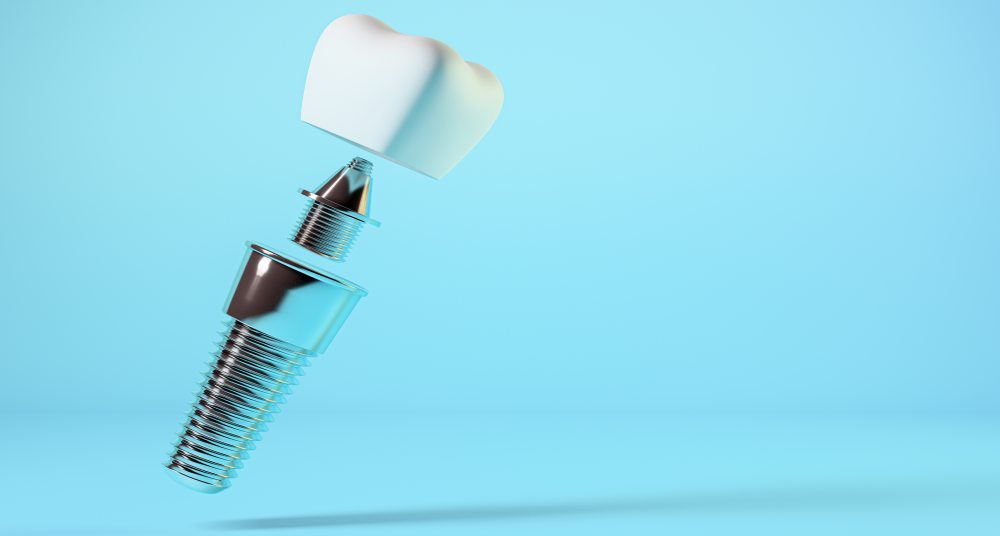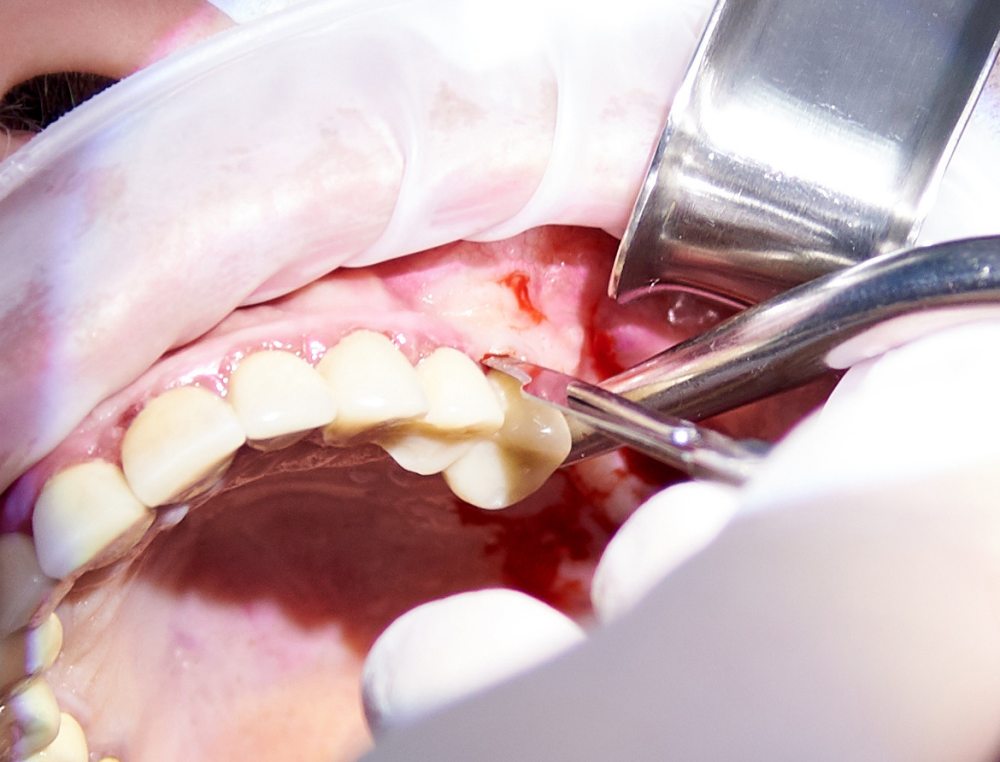Antibiotic prescribing
Implants and antibiotic prophylaxis

The overall success rate of implants is around 94% without antibiotic prophylaxis, and 97% with prophylaxis.
However, a deeper look indicates that the small increased success with antibiotics comes from the complex cases, ones involving broad flap surgery, or bone augmentation.
- Complex cases fail more often without cover, and prophylaxis can probably be justified for these.
- The success of simple cases, on current evidence, is not influenced by provision of antibiotics.
Prophylaxis – simple implant placement
Implant longevity here is not influenced by prophylaxis according to the (moderate quality) evidence currently available, but there are appreciable risks in prescribing antibiotics. Proven risks include:
- the development of antibiotic-resistant bacteria in the patient (which can spread to other people).
- sharing of their resistance genes with pathogenic bacteria
- making allergic reactions more likely through sensitisation, possibly denying the patient a future life-saving treatment.
- anaphylaxis, possibly fatal.
- detrimentally altering the patient's microbiome, perhaps causing (immediate) C Difficile infection, and (long term) food allergy, asthma, obesity, IBS, cancer, dementia, and more.
- allowing excreted antibiotic to enter and damage the environment. (About 50% is excreted unmetabolised.)
These are patients with an increased probability of
- localised infections spreading systemically, or
- complications from infection.
This higher risk group may include people who are
- immunocompromised, e.g. anaemia, autoimmune disease, immunosuppressants, transplant patients
- have unstable diabetes, leukaemia, or are on steroids, chemotherapy
- with increased risk of infective endocarditis (see NICE guidelines)
- and more
There is very little evidence that the so-called higher-risk groups suffer from post-op infection here any more than healthy people, and as a general rule the RCS/CGDP more… rarely recommend antibiotic prophylaxis here. Some individual consultants may feel that, for a particular patient of theirs, cover is however indicated.
The potential for antibiotic prophylaxis to mitigate complications in an individual high-risk patient should be weighed by the dentist against the considerable risks associated with prescription (see above), following discussion with the patient’s medical specialist as necessary.
Prophylaxis – complex implant placement, augmentation

The success rate for complex implant procedures (e.g. involving broad flaps) and augmentation procedures is increased when combined with antibiotic prophylaxis.
Each case should be individually judged on a risk/benefit basis before prescribing prophylactic antibiotics for complex procedures, accounting for the risks (see above).
Informed consent
Patients must have access to information regarding the benefits and risks of taking prophylactic antibiotics, in order to give informed consent.
- When presenting the information, the clinician must differentiate between what the evidence says, what is their personal opinion or experience, and what is their personal judgement.
- Patients must be informed that any implant-related procedure may fail, irrespective of whether prophylaxis is prescribed.
Dose and duration
- If cover is provided, for adults, a single dose of Amoxicillin 2g should be taken 1 hour pre-operatively. (Some authorities recommend 3g.)
- If allergic to penicillin, for adults, give a single dose of Clindamycin 600 mg (4 x 150mg capsules) 1 hour before the procedure. Be aware even a single dose can cause a C Difficile infection.
The dose should be taken in the presence of the clinician, and the patient should remain on the premises and be monitored for signs of adverse reaction (e.g. allergic reaction or anaphylaxis).
Summary
Around 3 million implants are placed world-wide each year. 80% of dentists routinely prescribe antibiotics to all healthy patients for placement (and many use Co-amoxiclav as their first choice - a "last-resort" drug that has no place in primary care dentistry). Changing entrenched attitudes will be very difficult.
Recommended reading
Mazzocchi A., Passi L., Moretti R. (2007). Retrospective analysis of 736 implants inserted without antibiotic therapy. J. Oral Maxillofac. Surg. 65, 2321–2323. 10.1016/j.joms.2007.06.620
Lund B., Hultin M., Tranaeus S., Naimi-Akbar A., Klinge B. (2015). Complex systematic review - perioperative antibiotics in conjunction with dental implant placement. Clin. Oral Implants Res. 26 (Suppl. 11), 1–14. 10.1111/clr.12637
Romandini M., De Tullio I., Congedi F., Kalemaj Z., D‘Ambrosio M., Laforí A., et al. (2019). Antibiotic prophylaxis at dental implant placement: which is the best protocol? A systematic review and network meta-analysis. J. Clin. Periodontol. 46 (3), 382–395. 10.1111/jcpe.13080
Khouly I., Braun R. S., Chambrone L. (2019). Antibiotic prophylaxis may not be indicated for prevention of dental implant infections in healthy patients. A systematic review and meta-analysis. Clin. Oral Invest. 23 (4), 1525–1553. 10.1007/s00784-018-2762-x
Bernabeu-Mira JC, Peñarrocha-Diago M, Peñarrocha-Oltra D. Prescription of Antibiotic Prophylaxis for Dental Implant Surgery in Healthy Patients: A Systematic Review of Survey-Based Studies. Front Pharmacol. 2021 Feb 10;11:588333. doi: 10.3389/fphar.2020.588333. PMID: 33643035; PMCID: PMC7902906.
Abu-Ta'a et al. Asepsis during periodontal surgery involving oral implants and the usefulness of peri-operative antibiotics: J Clin Perio. 2008

